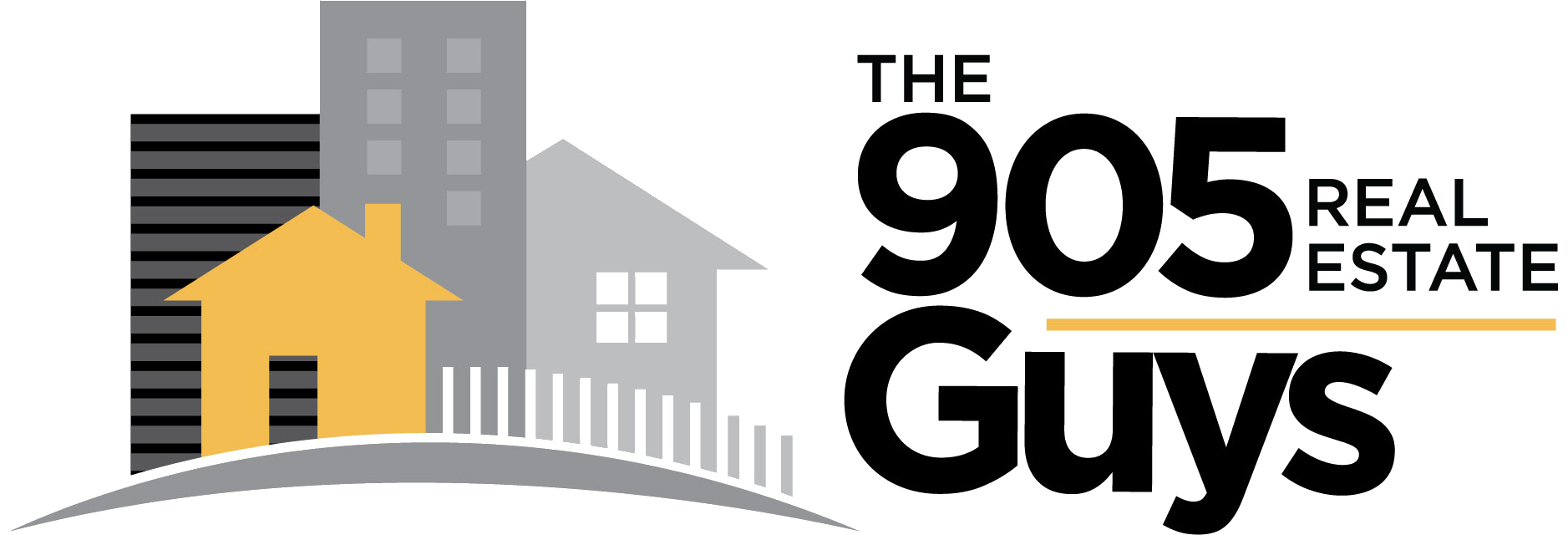Never Leave Money on the Table: Get a Lower Mortgage Rate in Canada
It's the eighth time in less than a year that the bank has hiked its trendsetting rate to 4.5%. This is the highest the Bank of Canada’s key rate has been since 2007. — All five of Canada's biggest lenders moved swiftly to raise their own prime lending rates in response, adding the same 0.25 percentage point adjustment, to bring their rates to 6.7 percent, starting Thursday.
Many believe this may be the end of the increases as we are expected to see inflation start to come down. “We’ve raised rates rapidly, and now it’s time to pause and assess whether monetary policy is sufficiently restrictive to bring inflation back to its two percent target,” Bank of Canada Governor Tiff Macklem told reporters after the announcement on Wednesday.
What factors affect mortgage rates?
Mortgage rates are affected by current economic conditions. And not just in Canada. Changes in the global economy regularly affect mortgage rates as well. Following the pandemic, the Bank of Canada has raised interest rates to combat inflation. As interest rates rise, lenders are forced to increase their own mortgage rates to protect their profits. The Bank of Canada also sets a prime lending rate, which banks use as a basis for their variable mortgages. The Bank of Canada has just raised its benchmark interest rate again, to 4.5 percent.
What options do home buyers have?
For many, securing a lower mortgage rate can mean the difference between an affordable monthly housing payment and one that’s out of reach. Fortunately, there are several strategies you can use to reduce your mortgage costs and save money in the long run.
Let’s break down some options:
Shop around
Comparison shopping is one of the most reliable ways to lower your mortgage interest rate, but a survey by HSBC shows that only 50% of Canadians have done it. After doing some research about the best rates, you should then get quotes from multiple lenders.
NOTE: If you do choose to shop around, please be aware that often the lowest rate is not the mortgage product that will save you the most money down the road. Some low-rate mortgages do not allow for additional payment options such as double-up payment options or annual lump sum payment options. Both of these will save you money on interest payments over the duration of your mortgage. Also, some low-interest mortgage options have steep penalties if you try to break them down the road (if you can break them at all!). If you intend on moving, this may cost you significant dollars in the form of penalties and fees. So, shop for a good rate, but please do not assume that the lowest rate is the best mortgage option for you.
Get a mortgage pre-approval and rate hold
When you’re pre-approved for a mortgage, the interest rate you’ve been approved for can be locked in for a certain number of days. This means that your rate will stay the same even if interest rates go up. Depending on the lender, you can get your rate locked in for up to 120 days. During a period of rising rates, as we saw in 2022, a rate hold for the average Canadian mortgage could save you approximately $25k.
Plan ahead and work on your credit score
If you aren't planning to sign a contract in the next month, take this time to focus on boosting your credit score. Many home buyers are able to improve their scores with minor changes to their finances, and improving your score has a direct impact on your mortgage rate. There are online tools like Credit Karma and Credit Sesame that can help as well. Some strategies for increasing your score include:
Reducing your balance on any credit cards and aiming to use less than 30% of your limit on any card.
Asking for higher credit limits. Having a higher limit with the same balance will lower your overall credit usage rate, which can help improve your credit score.
Making payments on time. Overdue payments can damage your credit score, so make at least the minimum payment even if you can’t pay the full amount.
Noticing errors. Challenging mistakes on your credit report can help you quickly improve your credit score.
Access savings through special home buyer programs
If you’re a first-time home buyer, you may be eligible for government programs to help offset the costs of buying a home. These programs may not directly impact your mortgage rate, but they will help you save money in the long run.
The First-Time Home Buyer Incentive is a federal program to assist first-time home buyers with their down payment. The government will contribute 5-10% of your home’s purchase price to put towards a down payment. The higher your down payment, the quicker you can pay off your mortgage, meaning less interest you’ll have to pay.
Many provinces and municipalities also have grants, tax credits, and incentives for first-time home buyers. Check out National Bank’s list of provincial incentives.
Which option is best for you?
Though many strategies are available for lowering your mortgage rate, it’s wise to discuss your needs with us and one of our trusted lenders early in the process so they can identify the best options for your financial situation. Additionally, by taking steps to improve your credit score, shopping around for lenders offering competitive products, and looking into options such as discount points, you can increase your chances of getting a better deal on your mortgage. Taking advantage of these tips could save you thousands over the life of your loan.
Never hesitate to reach out to discuss your mortgage options. We are always happy to introduce you to the lenders we trust and are willing to work hard to get you the best mortgage for your situation.
Eager to move forward?
If you're uncertain which direction to take or have questions about your individual needs, our team of knowledgeable real estate agents is ready to help. We can answer your questions, and we'll support you through the entire homebuying process.


